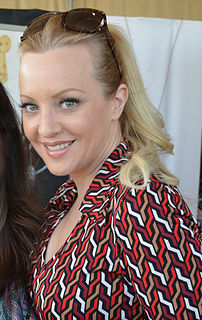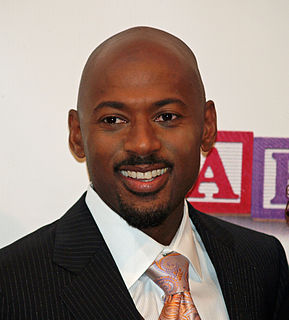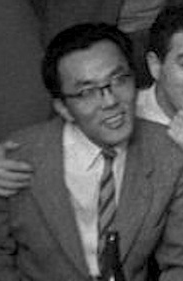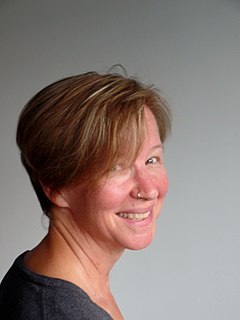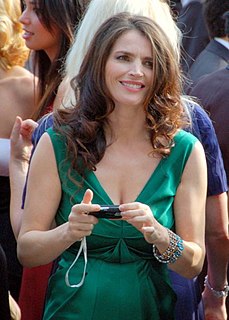A Quote by Molly Antopol
When I'm writing a story, which takes me a year or more, I can feel my character living with me - they're responding to whatever funny, familial, or social situation I'm in, and I think about their responses constantly.
Related Quotes
Perhaps if there is anything remotely interesting about my writing style, it is this: more often than not I have no idea what the story is going to be about. Sometimes I have a fuzzy vision, or a glimpse of one scene, or a character. But mostly all I have is a random first sentence, and I follow it to see where it might go. For me, writing is the process of discovery, of gradually figuring out what happens in the story and how it ends, that makes writing an interesting process for me.
It's funny - for a long time, I didn't know I was writing a book. I was writing stories. For me, each story took so long and took so much out of me, that when I finished it, I was like, Oh my gosh, I feel like I've poured everything from myself into this, and then I'd get depressed for a week. And then once I was ready to write a new story, I would want to write about something that was completely different, so I would search for a totally different character with a different set of circumstances.
Improv is more than just spitting out a bunch of funny stuff that's unrelated to the material. You have to stay in character, you have to react and respond as the character you're trying to play. You have to service the story, and I think improv training has helped with my listening, responding, and my audition technique. It's sounds so silly, but it's true. Because not only do you improvise during the audition, but once you get the part, they'll say, "Throw away everything. Just improv this scene. Do whatever you want." Someone could panic if they're not used to doing something like that.
I very rarely read the responses to my Salon pieces, because (as you may have noticed) the trolls can be SO evil. So violent in their hostility to me and my work. OK, wait, wait, wait. That's a lie. I do read the responses--and get mesmerized, like cobra hypnosis. But I laugh (mostly) at the trolls, and think about what tiny little weenies they must have. (They seem to be mostly men.) And then ALL these smart, funny people leap to my defense, which is medicine, and fills me with love and thankfulness.
One of my standard - and fairly true - responses to the question as to how story ideas come to me is that story ideas only come to me for short stories. With longer fiction, it is a character (or characters) coming to visit, and I am then obliged to collaborate with him/her/it/them in creating the story.
Over the years I have forged intimate familial ties with these characters, who are reflections of a portion of myself. Consequently, even a character who appeared only once in a short story waits now in the wings, concealed by the curtain, for his next appearance on-stage. Not one of them has ever broken free of his familial ties with me and disappeared for ever - at least, not within the confines of my heart.
People that have known me for a while tell me how they see me grown as an artist and as a writer. I think that this comes with continuing writing each day. I try to write as often as I can and explore more while I do it. I feel more comfortable with opening up and telling more of my story to everyone.
I don't do all the background and the worldbuilding before I start the story. What I do is I work out the bare minimum I need to start the story, and often that really is a bare minimum - it's a character in a situation, and I know nothing about the character, I know nothing about the situation, and then I think about it for a long time, and make notes about where I think the story is going to go and so on, but I don't really make notes to do with the background or the magic system or the world.
Whatever character you play, whatever film it is, whatever story it is, for me, in my training it's always something that gives you a layered character, it's understanding the secret of that character, and so whatever comes up as "Oh, I thought that person was that," you are always carrying that within you. So actually what you're playing all the way through is both and it's just what comes out in the scene or the circumstance.


